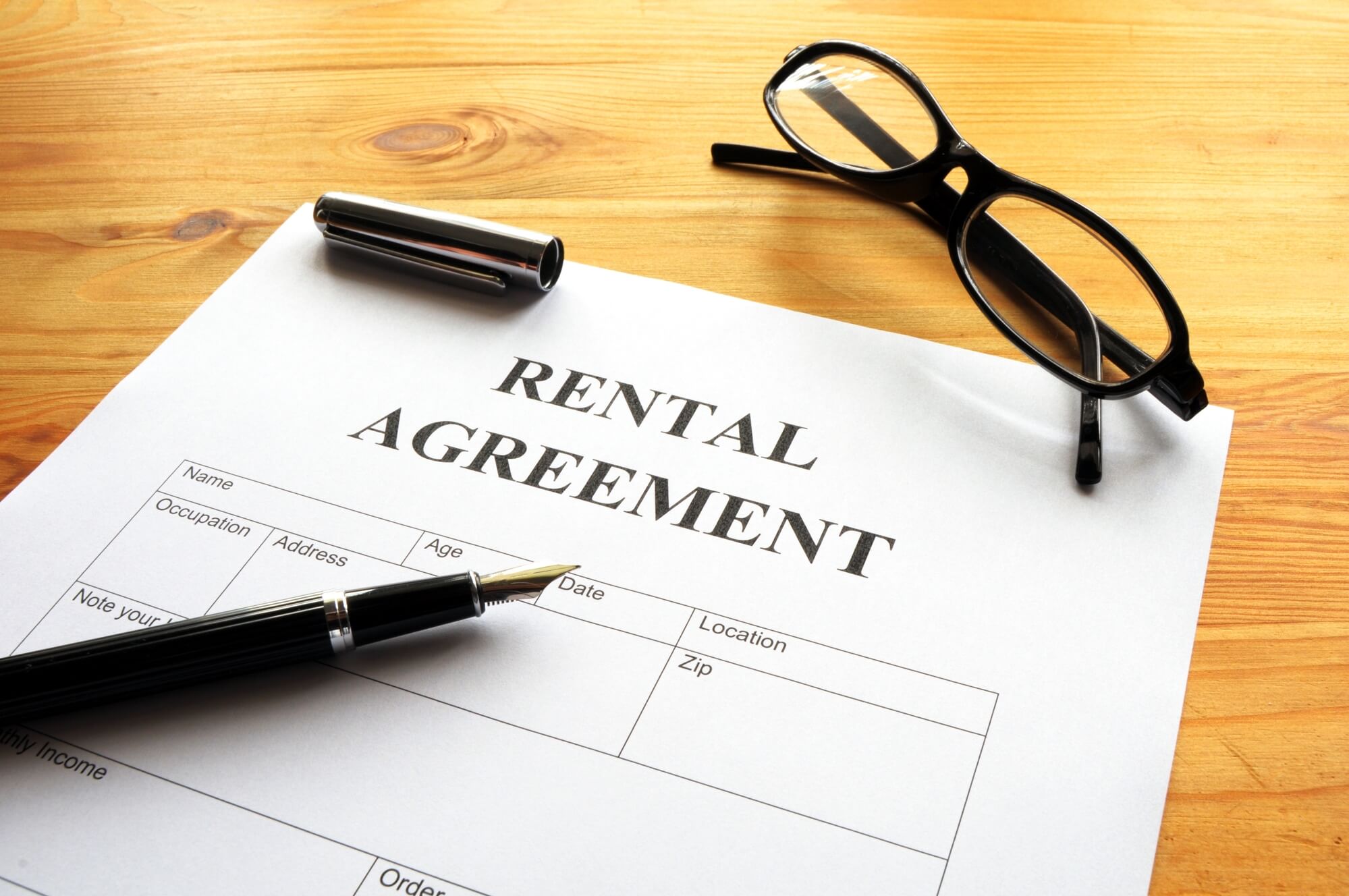Insights
News & Events

Tax Considerations for when your employer pays you rent
It is no secret that we are in the midst of a rental crisis in Ireland. It has come to a stage where employers are offering their staff incentives to help them cope with the shortage of rental properties and the rising rents. Some employers offer a rent supplement, others offer a significant salary advance for graduates to cover accommodation costs such as a rental deposit. Some employers even provide accommodation for employees – usually on a short-term basis to allow the employee to get on their feet.
As is the case with many benefits, this comes with its own tax issues. Employees who enjoy rent-free accommodation from their employers must pay income tax on this benefit. Revenue have recently updated their manual on this topic to give more comprehensive guidance.
If you have a situation where the employer is paying for the employees rent, the employee is taxed on the value of whatever that rent amounts to. This is deducted through the employee’s payroll.
If you have a situation where an employer owns a property and lets the employee live in the property rent-free, the employee is taxed on an amount that is equivalent to the market value rent for a similar property. If the employer does charge a rent, but it is lower than the market value rent, the employee is taxed through the payroll on the difference between the rent charged, and the market value rent.
In some cases, employers pay relocation expenses to existing employees or new employees. Part of this relocation expense could relate to accommodation. Revenue have clarified that in certain circumstances, accommodation costs paid as part of a relocation package may not be subject to payroll taxes for the employee.
Finally, the Revenue publication reiterates Revenue’s view on the tax issues relating to an employee being required to live in the employer’s business premises. Where it is required by the terms of the employee’s employment so that the employee can properly carry out their duties, then a taxable benefit will not arise on the employee. Examples of situations would be where the employee is required to be on call or need to have quick access to the place of employment. The Revenue have previously provided examples of specific roles like night-care staff, governors and chaplains in prisons, and caretakers. Interestingly they have now added most student nurses and Au Pairs to the list.
The recent Revenue publication is not ground-breaking in that most of it was already being used in practice by Revenue. However, the fact that they felt the need to highlight this to the public would indicate that this is an area that Revenue may focus on in Revenue audits, particularly in PAYE audits.
If you have any queries on this, please contact Adrian Farragher at 01 490 1670 or [email protected]








